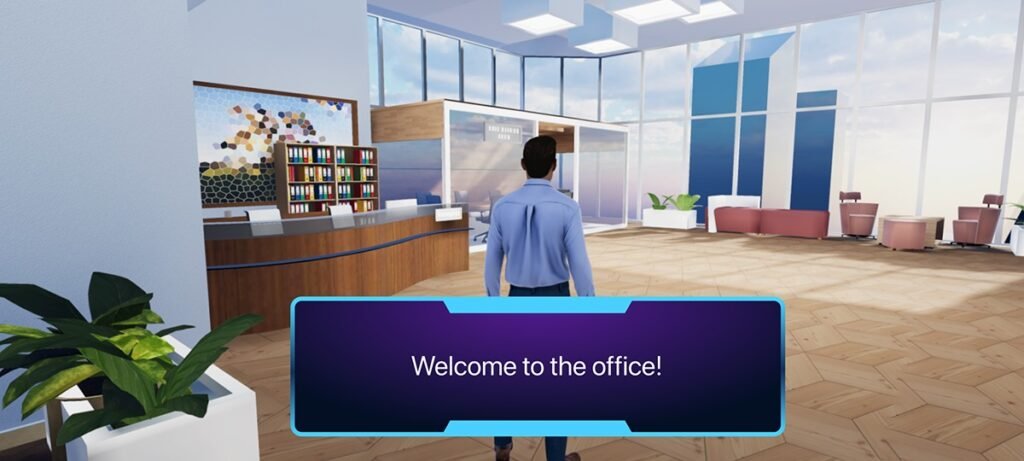Last Updated on 2 years ago by Imarticus Learning
Starting a new job can be exciting and overwhelming for new hires. The onboarding process plays a crucial role in setting the stage for a successful career trajectory. Traditional onboarding methods often involve long presentations, tedious paperwork and limited engagement opportunities.
However, with the advent of game-based learning strategies, organisations are now transforming their onboarding programmes into interactive experiences that effectively engage and empower new hires from day one.
In this blog, we will explore the concept of gamified orientation and how it can revolutionise the onboarding process to enhance employee engagement and skill development.
Simulations for real-world scenarios
Gamified orientation utilises simulations to create virtual environments that mirror real-world scenarios and challenges.
- These simulations offer new hires the opportunity to apply their knowledge and skills in a safe yet realistic setting, allowing them to gain confidence before entering the actual workplace.
- For example, in a banking institution, new hires can participate in simulated client interactions or risk assessment exercises to understand the intricacies of their roles.
- By engaging in these immersive experiences early on, employees develop competence and adaptability while also understanding the expectations of their roles.
Decision-making games
One of the most effective ways to foster critical thinking skills among new hires is through decision-making games.
- These interactive games present employees with hypothetical situations where they must make choices based on specific criteria or company values.
- By navigating through these scenarios, new hires develop problem-solving abilities and learn how to make informed decisions aligned with business objectives.
- For instance, an e-commerce company may introduce decision-making games that require new hires to prioritise customer satisfaction while managing tight deadlines or resource constraints.
Virtual team collaboration exercises
In today’s digital age where remote work is becoming increasingly common, virtual team collaboration exercises are essential for fostering effective teamwork among new hires.
- Through gamified orientation programmes, employees have the opportunity to collaborate with colleagues from different departments or even across geographical locations.
- These exercises encourage communication, coordination and adaptability within a virtual environment, mirroring the challenges faced in remote work settings.
- This not only helps new hires build relationships but also equips them with the skills necessary to excel in a distributed work culture.
Role-playing in a gamified environment
Role-playing is an engaging and effective method for familiarising new hires with various workplace scenarios and responsibilities.
- By assuming different roles within a gamified environment, employees can experience firsthand the challenges associated with different positions and gain a comprehensive understanding of the organisation’s structure and operations.
- For example, in a retail setting, new hires can participate in role-playing exercises that simulate customer interactions, enabling them to enhance their interpersonal skills and customer service abilities.
Level up your onboarding process
Imarticus Game Studio offers cutting-edge solutions for an interactive onboarding experience. These solutions leverage technology to create immersive learning experiences for new hires. With the interactive platforms, organisations can customise orientation programmes to align with specific industry requirements while infusing elements of gamification.
These solutions not only provide an engaging onboarding experience but also facilitate skill development through simulations, decision-making games, virtual team collaboration exercises and role-playing scenarios.
Imarticus Game Studio’s comprehensive approach ensures that new hires are equipped with the necessary competencies needed to succeed in their roles. Visit our website today to learn more and get started on your journey towards game-based learning strategies.

